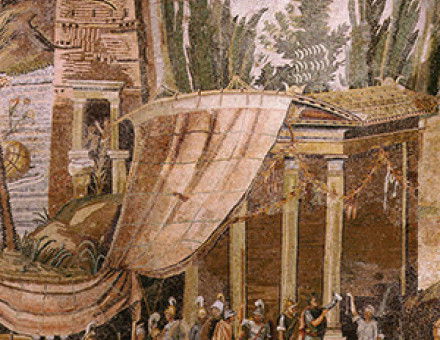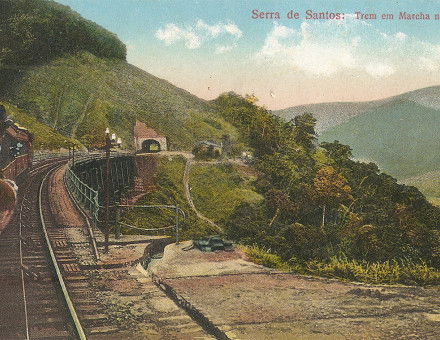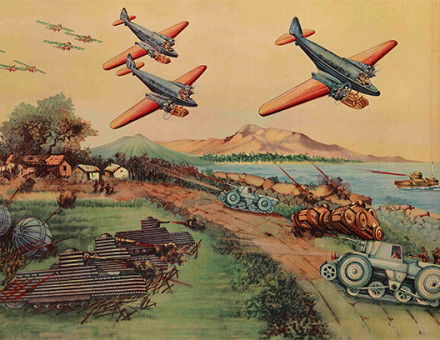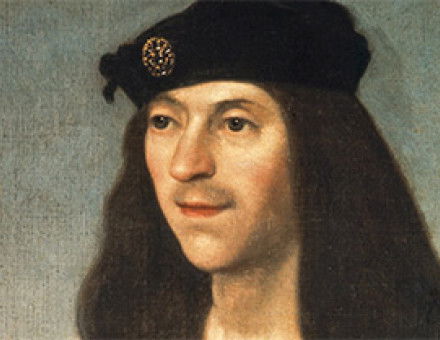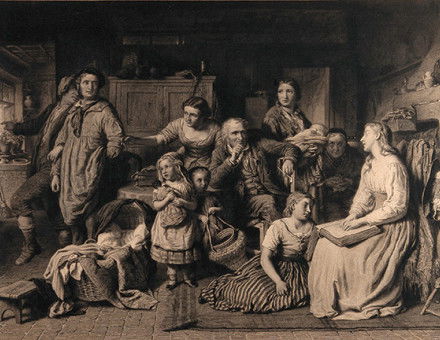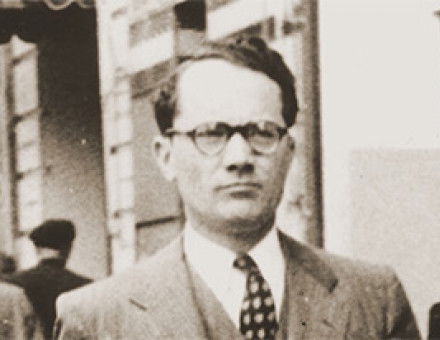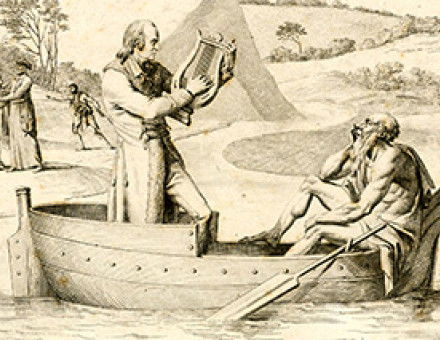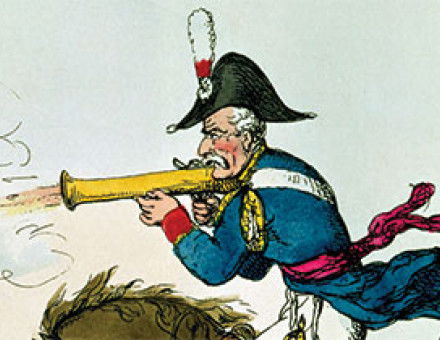Volume 63 Issue 9 September 2013
Frank Prochaska has made a remarkable discovery in the personal library of John Stuart Mill. It proves that Mill not only read the works of his American contemporary, Ralph Waldo Emerson, but was surprisingly harsh in his judgement of him.
Erich B. Anderson describes the fortunate alliance between Julius Caesar and a Roman knight and mercenary, Publius Sittius, who helped the dictator defeat his enemies in Africa once and for all.
The San Paulo Railway, funded with money from the City of London, was one of the engineering marvels of the Victorian age.
The cold but continuing conflict between China and Japan is the subject of sustained attention from scholars, says Jonathan Fenby.
The state of Britain’s historic battlefields often compares poorly with that of other countries. Things are changing, says Julian Humphrys.
In September 1513 the fourth James Stewart became the last king to die in battle on British soil. Linda Porter argues that his life and achievements deserve a more positive reassessment.
Selina Mills attends a conference on the history of blindness, now a dynamic field of study.
Marseille is the 2013 European Capital of Culture – time to recall the heroics of Varian Fry, a US citizen who lived there during the Second World War. Markus Bauer reports.
Reaction to the death of André-Ernest-Modeste Grétry far exceeded the fame of the Belgian-born composer during his lifetime. The cult-like status he achieved beyond the grave reflects the power of music in turbulent times and reveals new attitudes to mourning, says James Arnold.
Why we should take greater account of Waterloo’s aftermath.



